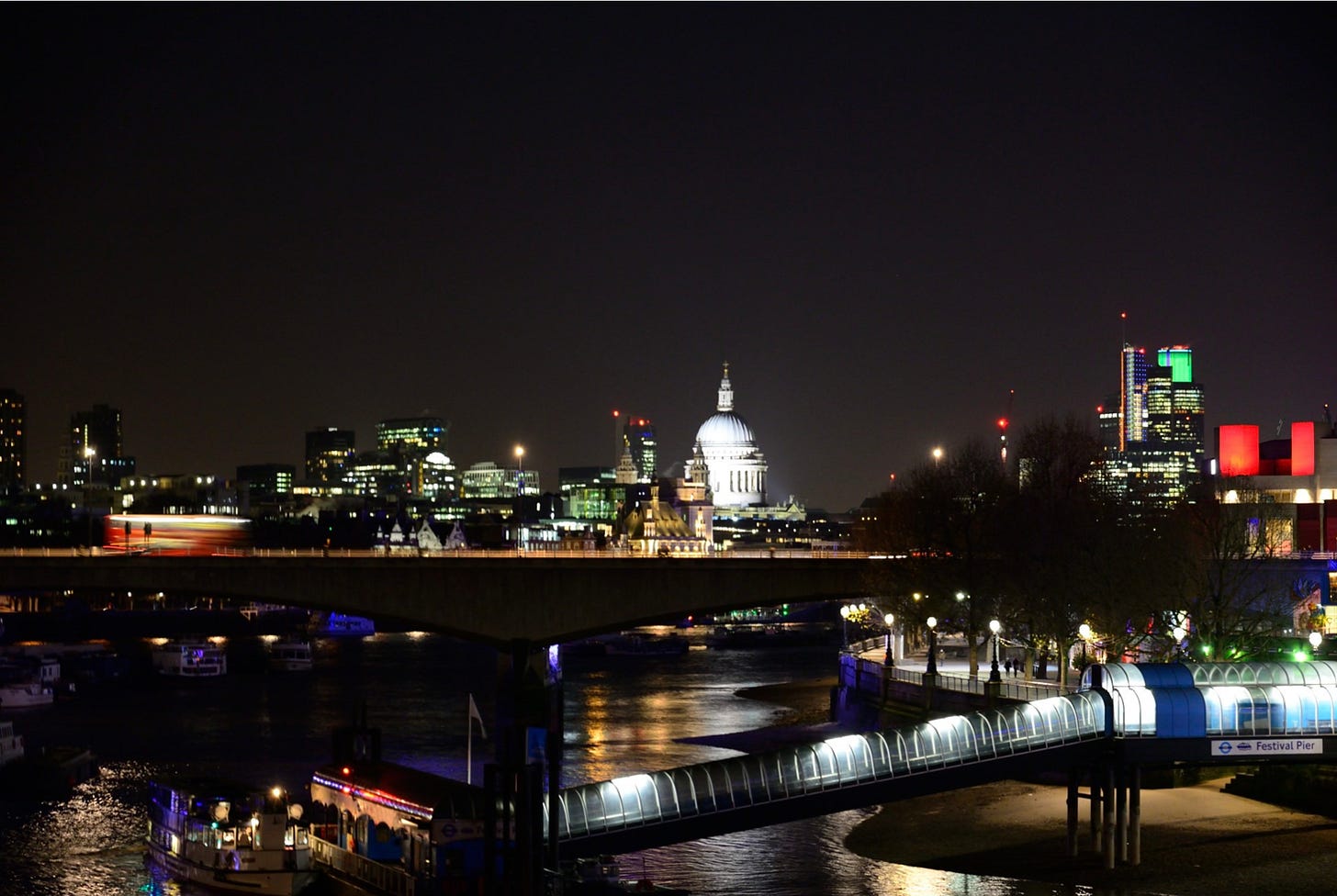Audition: Brahms - Piano Concerto No. 1 - Arrau/Philharmonia/Cameron #Op15

HMV/EMI Recording 1947
Arrau was 44 years old when he first recorded this concerto in London under baton of Basil Cameron with the newly constituted Philharmonia orchestra. By this time Arrau’s reputation was well known world wide - his first recital in London had been in 1920. He had played cycles of the piano sonatas of Beethoven, the works of Bach and Mozart to acclaim in his native Chile and further afield and shown prowess in all the great keyboard composers.
There invaluable arrauhouse.org details his whole life but most pertinently shows Arrau performed the work on the 4th February 1946 with Bernstein, and Koussevitsky at Tanglewood on 1st August that year. And on the 9th August with Mitropoulos, Arrau played both Brahms Piano Concerti in Philadelphia.
Arrau was also often talked about in terms one would reserve for loyalty. His playing renowned especially for his finesse, glorious tone and muscle in the grittier works - a complete pianist.
From the evidence of this recording this partnership with Cameron worked well. Cameron (b. 1884) was the son of a German father, a Hindenburg. He had studied in York, England and later in Berlin - he was a violinist. I think this is telling in this reading in the priority Cameron gives the string voices weight though occasionally the engineering doesn’t flatter the strings and favours Arrau.
The general listener will be keen to focus on Arrau. In passages of fistfulls of notes Arrau is more confident and dramatic than either Rubinstein or Horowitz. He doesn’t merely have great control of weight but also of colour easily heard for example at the Poco piu moderato solo passage.
A little later Cameron pulls a rabbit out of the hat with that few bars with the first desk of violins which in those days was hardy ever audible.
As Arrau works up to the recapitulation, his pianism is amazing and he meets Brahms’ technical challenge. He keeps his tone at the second Poco Piu Moderato through to the end of the movement.
The Adagio starts with some harsh balancing in the strings and some faceless playing later on. Arrau is mostly very fluid in this movement. It’s not beauty for the sake of his reputation, it is conservatism because he knows there is more to come..
The opening of the last movement is very bright - another contrast with the Adagio. This turns to a tenacious quality as the textures thicken and the piano part requires even greater virtuosity.
There’s not much else to report - nothing outlandish and to say Arrau plays the rest of the music with glorious facility and increasing drama to a fabulous conclusion.
That said, this recording is intriguing. Our attention to Arrau’s playing seems to diminish the scale of the work. Equally there’s a feeling Arrau was only just start to get a view of the mysterious and intricacies of this work and the hint it might be more dramatic next time.


Comments